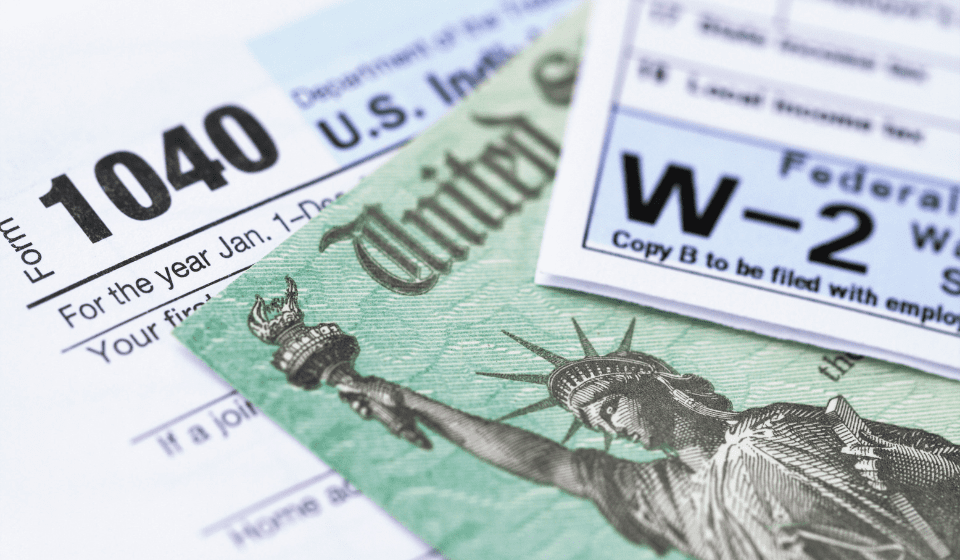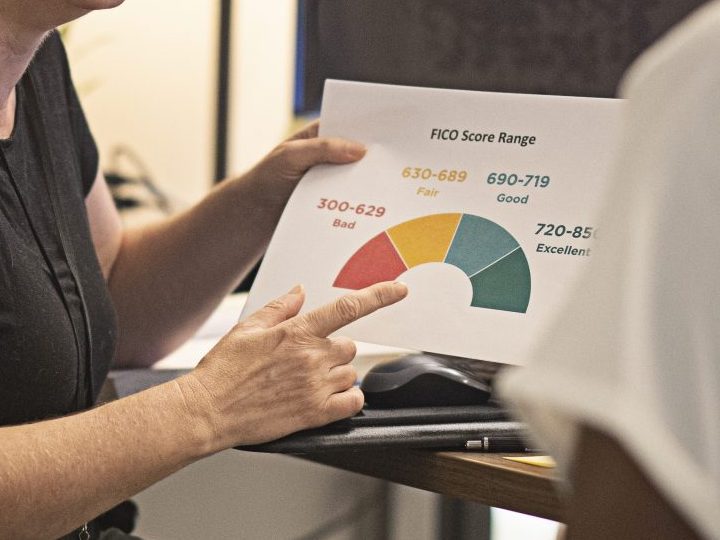Taxes & New Americans

7 Questions About Filing U.S. Taxes
Tax season is confusing for many people in the U.S., but it can be extra confusing when you are new to the country. Here are some of the unique things New Americans need to consider about taxes. If you have specific tax questions, always ask a reputable tax preparation specialist. See our list of recommended tax resources at the bottom of this page.
1) What taxes am I expected to pay?
For many new arrivals, the U.S. federal tax system is a source of confusion. Globally, it is unusual to have both a national government and a state government where there can be so much variance among states. In Minnesota, we pay both federal income tax and state income tax, but that isn’t true in all states. Also, if you worked in other states you have a more complicated tax filing.
Income taxes are always due by April 15.
2) Who needs to file taxes?
Knowing whether you need to file an annual tax return is not as simple as whether or not you are a permanent resident. From the perspective of the Internal Revenue Service (IRS), even someone without a social security number, or someone here on a temporary humanitarian status, might be expected to file taxes. It also depends on your immigration status, how long you’ve been in the United States, and how much money you’ve earned this year.
3) What are the consequences of failing to file or misfiling taxes?
U.S. citizens are probably aware that failing to file or misfiling taxes can result in fines. However, for new arrivals there’s an added danger of not doing taxes correctly. If you are hoping to some day apply for U.S. citizenship, it’s especially important to make sure you’re filing your taxes correctly.
The good news is that there are resources for people to get help fixing their taxes if there are mistakes. The bad news is that realizing you have errors in your tax filing can create significant delays to people’s citizenship applications, and result in unexpected fines and payments. (See our resource list below).
4) If I am married do we both need to file a tax return?
Both spouses usually file taxes in the U.S., even if only one person was working. It can feel complicated to understand which category to file under: married – jointly, married – separately, or head of household. The latter category can be especially confusing, resulting in families thinking that the sole breadwinner should file as “head of household,” despite having a spouse at home. A reputable tax preparer can make sure you file correctly.
5) If taxes come out of my paycheck, why do I also have to file taxes?
Understanding paycheck deductions is another learning curve. We all know the disappointment of realizing that the rate at which you’re hired to work (ex: $20 an hour) is not actually what you get to take home. The government, at both state and federal levels, takes out paycheck deductions for taxes and also for Social Security and Medicare. Fortunately, particularly for people in their first U.S. jobs, you are likely to get money back from filing taxes. This can be a welcome surprise!
6) What happens if I did contract work?
People who are new in the U.S. often find contract work, such as driving for Uber or Lyft, working as a contracted interpreter, or taking single project jobs. Unfortunately, contract workers do not have their taxes deducted from each paycheck (like we described above). That means it can come as a surprise to learn that you owe quite a lot of money in taxes when you file. People may not have budgeted to pay those taxes and aren’t aware that there are resources to help them get a payment plan.
7) What happens if I earned money overseas or a have foreign bank account?
New arrivals may still be able to work for foreign companies through online work or may maintain an overseas bank account. The tax regulation on this becomes very messy, particularly when you add in the fact that it depends on someone’s status. As previously mentioned, your tax status does not align with your immigration status.
For example, a person who is here as a two-year humanitarian parolee may be considered a “resident alien” by the IRS – or not – depending on when they arrived and how much they have earned. Each of these conditions add additional layers to how someone files their taxes and can mean that people don’t qualify for the free resources provided to help people prepare taxes. (Complicated taxes often mean you need to pay for help).
Written by Kaija Bergen, a Community Orientation Workshop instructor at the International Institute of Minnesota. Kaija has worked as an adult educator in the Twin Cities since 2013. The Community Orientation Workshops she teaches help people learn the systems of life in a new country, including navigating transportation, housing, finances and more.
Tax Resources
Free tax help for those who qualify
- IRS Volunteer Income Tax Assistance (VITA)
- Tax Counseling for the Elderly (TCE) programs
- Prepare + Prosper
You need to make appointments in advance with the above organizations. It can be tempting to have a friend or uncredentialled member of the community assist with taxes, but failing to work with an expert can result in errors. We warn people to be careful working with local preparers and watch out for scams – or simply well-meaning people who don’t know the ins-and-outs of tax filing.
Help for fixing tax filing mistakes
We hope to direct New Americans to reputable tax preparation resources (see above) to avoid errors. However, if you discover that you need help fixing a mistake, we recommend the following organizations:

Other Classes and Programs
-

Citizenship and Immigration
We support over 2,000 refugees, asylees and immigrants every year with citizenship and immigration help in Minnesota.
Learn More -

Homestretch Workshop
Learn how to buy a home, how to apply for a mortgage and earn points off your mortgage rate in this one-time workshop.
Learn More -

Financial Coaching
Our financial coaches teach classes and set up private, confidential appointments to help you take control of your money and plan for your future.
Learn More